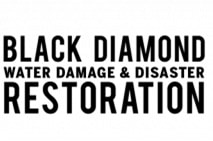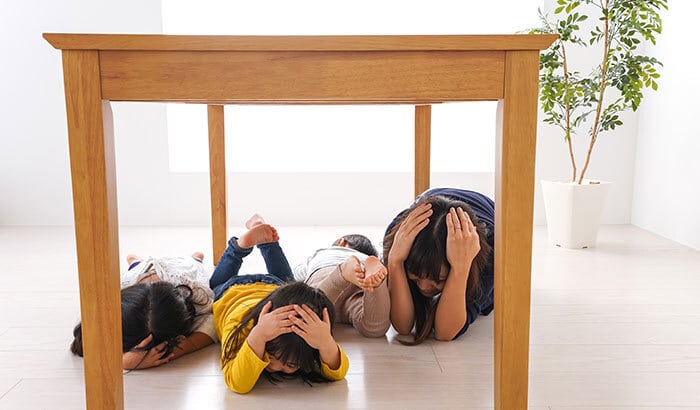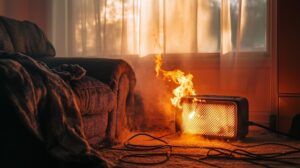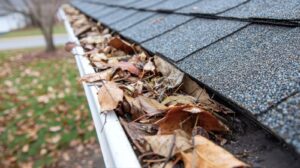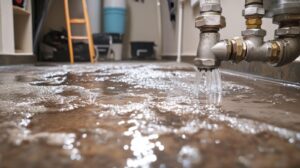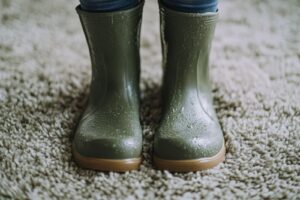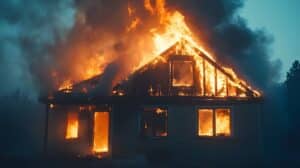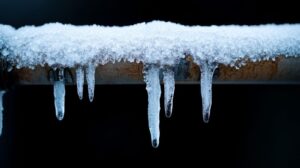Natural disasters can be terrifying and devastating, but it is vital to know how to stay safe in an earthquake.
When an earthquake occurs, it can create serious destruction, and they are often followed by fires, flooding, tsunamis, avalanches, or landslides. Fortunately, most earthquakes are minor, but even a minor shake can cause damage. Larger earthquakes can be lethal and completely change the landscape.
It is critical that you know what to do in the event of an earthquake, and not just at home. You need to know how to stay safe in an earthquake no matter where you are or what time of day.
How Can My Family Stay Safe in an Earthquake?
- Educate Yourself. Learn more about earthquakes in your region. If you live in an earthquake hotspot (California, Washington, Oregon, Hawaii, Puerto Rico, Mississippi, Alaska, etc.), you should understand how frequently you can expect earthquakes, when the last one occurred, and how they can impact your region. Make sure you know where you can receive help and get to know your neighbors.
- Earthquake-Proof Your Home. Use anchors to secure your heavy furniture, such as bookcases and appliances. Even when you think they will not move, heavy objects can tip and hurt individuals. Additionally, you should check your home insurance policy—most do not cover earthquakes. We recommend adding earthquake insurance to your policy if you live in an earthquake state.
- Prepare Beforehand. Create a 72-hour emergency kit that contains clothing, food, batteries, matches and candles, and water to last you at least three days. Make sure they are accessible and kept up-to-date. Walk through your emergency plans with your family or coworkers so that you are ready when an earthquake occurs. Consider meeting places, and be sure that everyone knows where to locate food, water, and first aid kits.
- Drop, Cover, and Hold On. In almost all circumstances, your response to an earthquake should be to drop, cover, and hold on. Drop to the ground to minimize the chances of objects falling on you or losing your balance. Crawl or roll to cover, such as a table or chair that will protect your head and neck. Use your arms and hands to cover your neck if you are not underneath a protective surface. Hold on to whatever is nearest you, like a table, chair, post, or wall. If you are in a car, pull over and set your brake.
- Stay Where You Are. In general, we recommend staying where you are. Do not try to shelter in a door frame. If you are outdoors, stay outdoors and move away from buildings or structures, as they may fall. If you are indoors, stay indoors until you are certain the earthquake and all aftershocks have passed. Then move outside so that you are safe from damaged buildings falling.
Contact Black Diamond Water Damage and Disaster Restoration
Once you have survived an earthquake, you need to ensure you can get out of your place of shelter safely and that any injuries are managed immediately. Then you can work on assessing the damage. Black Diamond Water Damage and Disaster Restoration can help you recover from any type of natural disaster so that you can return to your home or business safety. We serve Salt Lake County, Utah.
